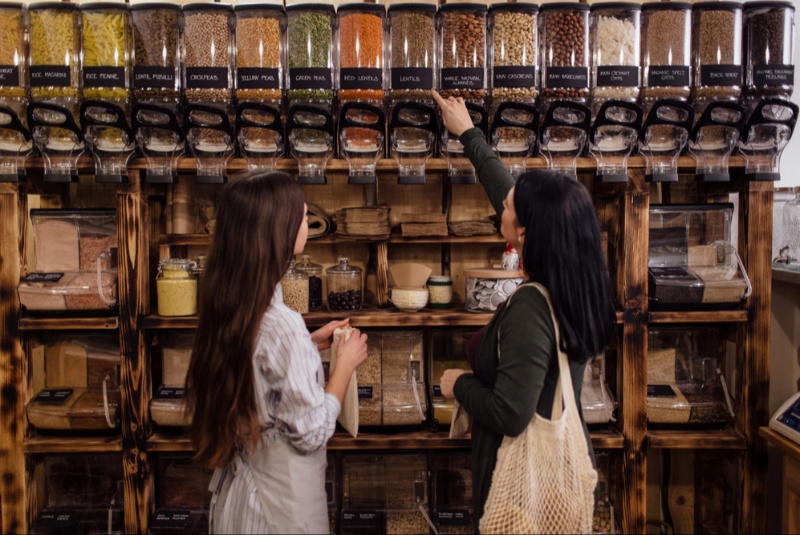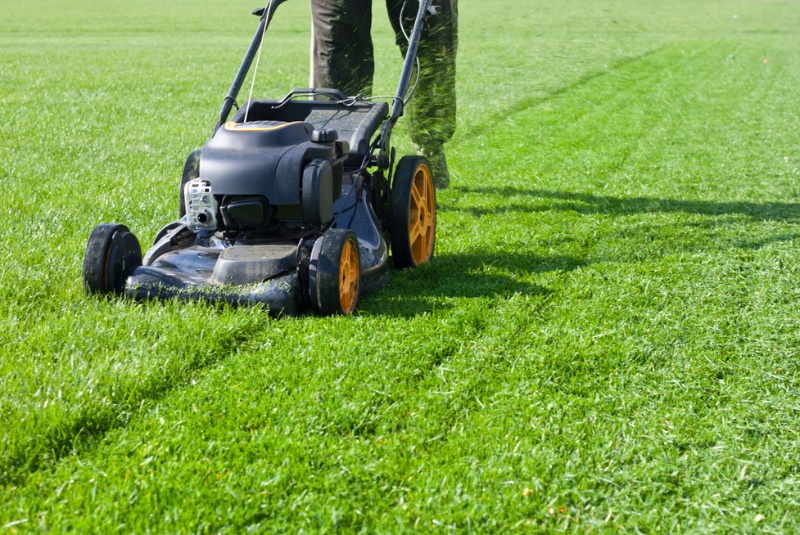In a world teeming with environmental concerns and rising food security issues, smart and sustainable food shopping has never been more crucial. The choices we make at the grocery store not only impact our health but also have far-reaching consequences on the planet’s wellbeing. Below, we delineate a comprehensive buyer’s guide to help you forge a path towards responsible and sustainable food shopping.
Understand Food Labels
Organic: Organic labels signify that the food products were grown without synthetic pesticides and fertilizers. These products often come with a higher price tag but offer a more sustainable choice.
Fair Trade: This label guarantees that farmers and workers received fair wages and worked under decent conditions. Fair Trade products contribute to sustainable development by offering better trading conditions to marginalized producers in developing countries.
Non-GMO: Non-GMO labels indicate that the product does not contain genetically modified organisms, which can be a preference for those looking for more natural food options.
Seasonal and Local Produce
Buying seasonal and local produce is a golden rule in sustainable shopping. Seasonal foods are more likely to be fresher, tastier, and more nutritious. Furthermore, purchasing local produce supports small farmers and reduces the carbon footprint associated with transportation.
Reducing Meat and Dairy Consumption
Meat and dairy production has a significant impact on the environment, including high greenhouse gas emissions, land and water usage. Consider reducing your meat and dairy consumption, and explore plant-based alternatives like legumes, nuts, and seeds to make your diet more sustainable.
Avoiding Single-Use Plastics
Single-use plastics contribute to pollution and are detrimental to marine life. Opt for reusable bags, containers, and bottles to reduce your plastic usage. Moreover, prefer products packaged in glass or cardboard, which are more easily recyclable compared to plastic.
Bulk Buying and Zero Waste Stores
Bulk buying can be more economical and reduces the amount of packaging waste generated. Zero waste stores, which allow you to bring your containers, are emerging as champions of sustainable shopping.
Waste Not, Want Not
According to the Food and Agriculture Organization of the United Nations, approximately one-third of the food produced globally is wasted. Implementing strategies to reduce food waste, such as planning your meals, understanding expiration dates, and learning to use leftovers creatively, can aid in fostering a sustainable food shopping routine.

Online Apps and Tools
Leverage smartphone apps and online tools that can guide you in making sustainable choices. Apps like "Good On You" and "Dirty Dozen" can provide insights into the environmental impact of different products and help you make informed decisions.
Community Supported Agriculture (CSA)
CSAs allow you to purchase shares of a farm's harvest upfront, fostering a direct relationship between consumers and local farmers. Through CSAs, you can have fresh, seasonal, and local produce delivered to your doorstep, promoting sustainability.
Organic Gardens
Consider starting an organic garden at home. Even a small herb garden on your windowsill can contribute to a more sustainable lifestyle. Growing your food reduces dependency on commercially produced items, which often come with a heavy environmental footprint.
Nutritional Education
Understanding the nutritional value of different foods can guide you in making healthy and sustainable choices. Engaging in nutritional education can help you decipher food labels accurately and choose products that are both good for you and the planet.
Engaging with a Community
Join communities or social media groups that promote sustainable living. Engaging with like-minded individuals can offer new perspectives, tips, and resources for smart and sustainable food shopping.
Smart and sustainable food shopping is not just a trend, but a necessary shift in the modern consumer's lifestyle. By understanding food labels, reducing waste, and leveraging community support, you can forge a path towards a more sustainable future. It starts with small steps — choosing organic, opting for local produce, and being conscious of the waste generated. Remember, every sustainable choice you make is a vote for the kind of world you wish to live in. It is time to embody responsible consumption habits and foster a healthier planet for current and future generations.




